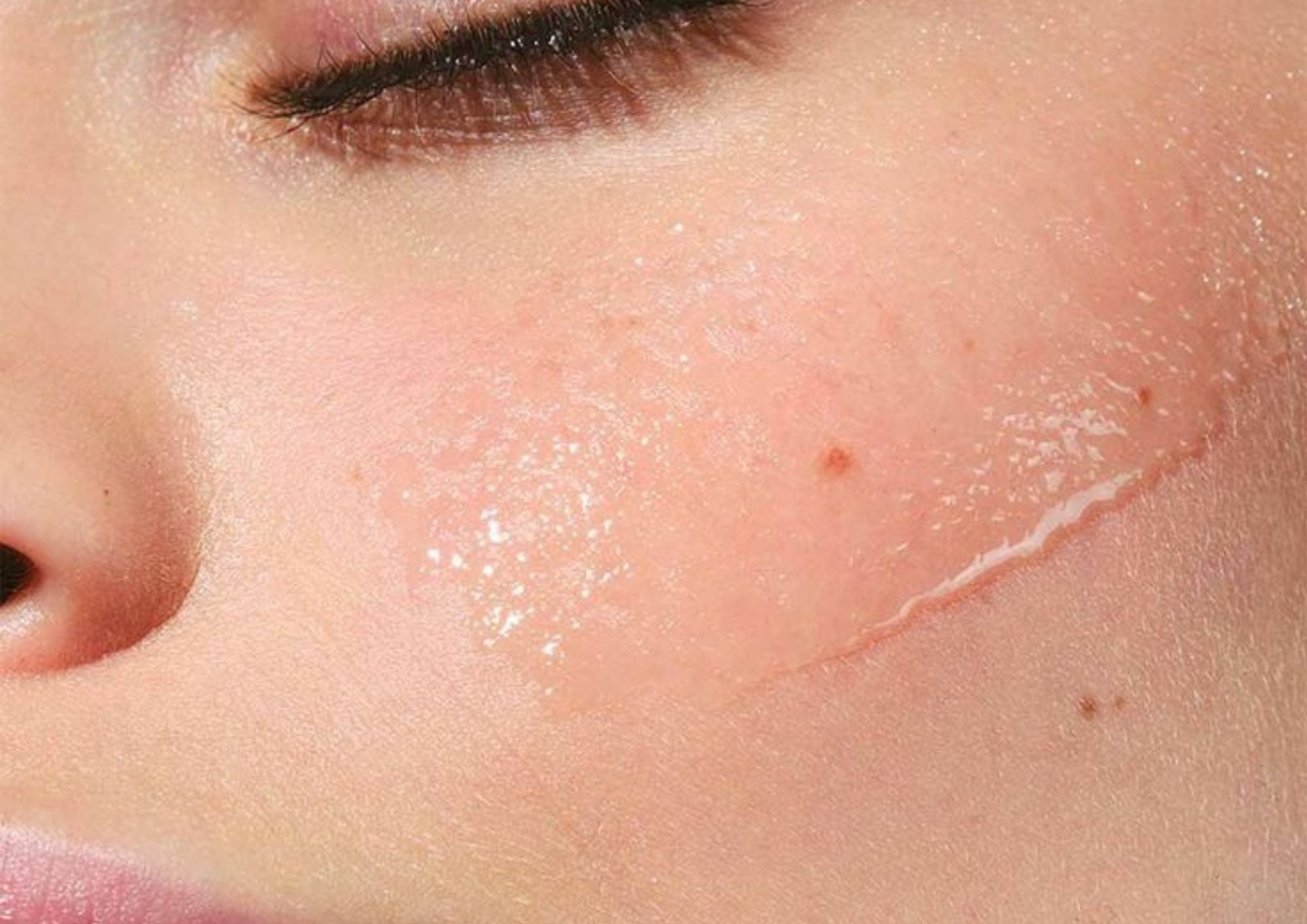Table of Contents
Sensitive skin requires careful attention and a tailored skincare routine to maintain its health and appearance. Individuals with sensitive skin often experience redness, irritation, and discomfort when exposed to certain products or environmental factors. Understanding how to treat sensitive facial skin is essential for achieving a calm and radiant complexion.
Understanding Sensitive Skin
Sensitive skin is characterized by heightened reactions to various stimuli, including skincare products, environmental changes, and stress. Common symptoms include redness, burning, itching, and dryness. Factors contributing to skin sensitivity encompass genetic predisposition, environmental influences, and lifestyle choices.

Identifying Triggers
To effectively manage sensitive skin, it’s crucial to identify and avoid triggers that exacerbate irritation. Common triggers include:
- Harsh Chemicals: Ingredients such as sulfates, parabens, and synthetic fragrances can irritate sensitive skin.
- Environmental Factors: Extreme temperatures, pollution, and sun exposure may lead to flare-ups.
- Stress: Emotional stress can manifest physically, affecting skin health.
Developing a Skincare Routine for Sensitive Skin
A consistent and gentle skincare routine is vital for managing sensitive skin. Consider the following steps:
- Cleansing: Use a mild, fragrance-free cleanser to remove impurities without stripping natural oils. Opt for products labeled as suitable for sensitive skin.
- Toning: Select alcohol-free toners with soothing ingredients like chamomile or aloe vera to balance the skin’s pH.
- Moisturizing: Apply a hypoallergenic moisturizer containing hydrating agents such as hyaluronic acid and ceramides to strengthen the skin barrier.
- Sun Protection: Daily application of a broad-spectrum sunscreen with SPF 30 or higher is essential. Physical sunscreens containing zinc oxide or titanium dioxide are often better tolerated by sensitive skin.
- Exfoliation: Limit exfoliation to once a week using gentle exfoliants like lactobionic acid, which provides mild exfoliation suitable for sensitive skin.

Choosing the Right Products
When selecting skincare products, look for those specifically formulated for sensitive skin. Key ingredients to consider include:
- Niacinamide: Known for its anti-inflammatory properties, niacinamide can help soothe sensitive skin.
- Hyaluronic Acid: A hydrating agent that helps maintain moisture levels without causing irritation.
- Ceramides: Lipids that restore and protect the skin barrier, preventing moisture loss.
- Aloe Vera: A natural ingredient renowned for its soothing and calming effects.
Lifestyle Considerations
Beyond skincare products, lifestyle choices play a significant role in managing sensitive skin:
- Diet: Incorporate anti-inflammatory foods rich in antioxidants, such as fruits, vegetables, and omega-3 fatty acids, to support skin health.
- Hydration: Maintain adequate water intake to keep the skin hydrated from within.
- Stress Management: Practice relaxation techniques like meditation or yoga to reduce stress-induced skin reactions.
Patch Testing New Products
Before introducing new products into your routine, perform a patch test:
- Apply a small amount of the product to an inconspicuous area, such as behind the ear.
- Wait 24-48 hours to observe any adverse reactions.
- If no irritation occurs, proceed to use the product as directed.
Consulting a Dermatologist
If sensitivity persists or worsens, consult a dermatologist. They can provide personalized recommendations and may suggest treatments like corneotherapy, a method that focuses on repairing the skin barrier to improve resilience.
Conclusion
Managing sensitive facial skin involves a comprehensive approach that includes identifying triggers, adopting a gentle skincare routine, choosing appropriate products, and making informed lifestyle choices. By understanding and addressing the unique needs of sensitive skin, individuals can achieve a healthier, more comfortable complexion.
FAQs
What causes sensitive skin on the face?
Sensitive skin can result from genetic factors, environmental influences, or the use of harsh skincare products.
How can I calm my sensitive skin naturally?
Natural remedies include applying aloe vera gel, using oatmeal-based masks, and incorporating chamomile-infused products.
Is exfoliation suitable for sensitive skin?
Yes, but it should be done sparingly using gentle exfoliants like lactobionic acid to avoid irritation.
Can diet affect sensitive skin?
Absolutely. Consuming a balanced diet rich in antioxidants and omega-3 fatty acids can support skin health and reduce sensitivity.
What ingredients should I avoid in skincare products?
Avoid products containing alcohol, synthetic fragrances, sulfates, and parabens, as they can aggravate sensitive skin.
